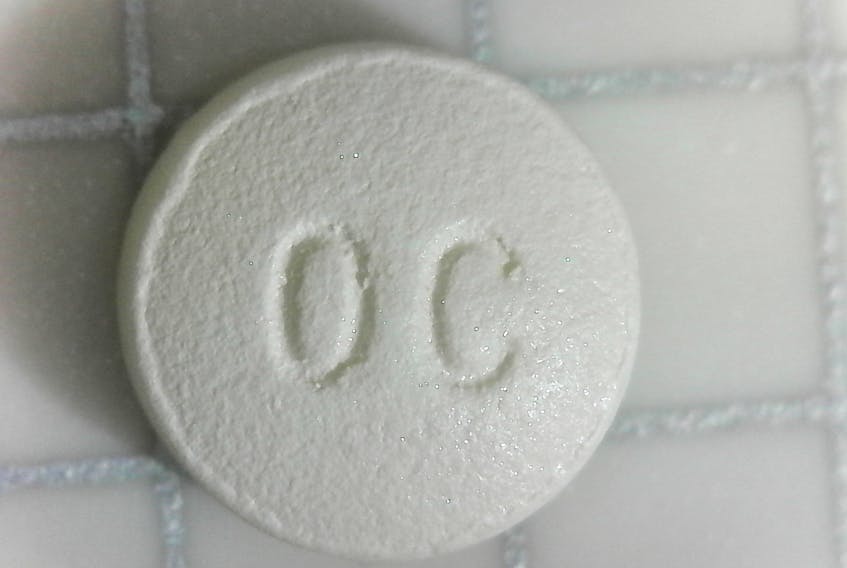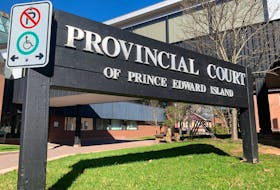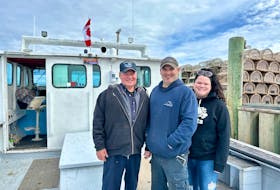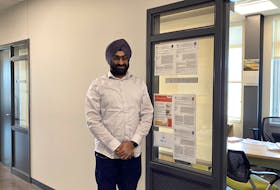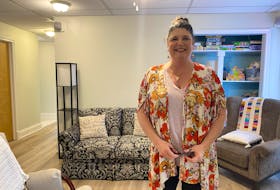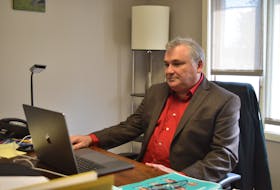Younger doctors and those in collaborative practices appear to be more likely to accept new patients who require opioids, according to a Nova Scotia study released this week.
Researchers contacted family practices across the province in 2013 as part of a larger data collection project.
"We found those who are working in a larger practice (with) interdisciplinary team members, people who provide social work, mental health, nurses and nurse practitioners, ... were more likely to be open to (taking on) new patients whether they needed opioids or not,” said project leader Emily Marshall of Dalhousie University.
Newer doctors and female doctors were also found to be more open to accepting patients who required opioids, said Marshall, a primary care expert and an associate professor at Dalhousie's department of family medicine.
“I think that that shows somehow interprofessional teams are supporting providers in having the capacity to see more types of patients and feel more confident in their ability to manage that,” she said.
Her team conducted the survey as part of work to create a Models and Access Atlas of Primary Care, a population database of family doctors and nurse practitioners. The project first focused on Nova Scotia and now has data from Prince Edward Island, Newfoundland and Labrador, and British Columbia as well.
The study was published in the BMC Family Practice online journal on Oct. 23. Marshall's team called 587 practices in Nova Scotia and about 83 per cent were willing to talk.
About 60 per cent, or 354 doctors, said they were taking new patients unconditionally or with conditions. Of those doctors, 326 answered when asked whether they would accept new patients who require opioids. Most replied in the affirmative but about 28 per cent of doctors who were accepting new patients said they wouldn't take on people who needed narcotics.
Marshall said several factors could be at play for those who replied in the negative. Many were older doctors in a solo practice, where personal safety concerns might be an issue when it comes to prescribing narcotics. Older doctors usually have a busier practice as well so they may be reluctant to take on more complex patients.
“Some of the people who said no, it might be their scope of practice and for others it might be just a preference not to see those patients,” she said.
A patient has needs, it shouldn’t matter what sort of health problem they have.
- Lunenburg doctor David Martell
Dr. David Martell, a family doctor who specializes in opioid addiction treatment at his Lunenburg practice, said it would be “shameful” if a doctor turned away a patient simply because they required narcotic pain treatment.
In fact, according to guidelines for accepting new patients set out by the Nova Scotia College of Physicians and Surgeons, “a defined scope of practice must not be used as a means to discriminate against patients as defined by law or unreasonably refuse patients with complex or chronic health needs; or with a history of prescribed opioids or psychotropic medications or currently being prescribed opioids or psychotropic medications.”
“A patient has needs, it shouldn’t matter what sort of health problem they have,” Martell said in an interview Friday.
But on the other hand, "I was also astounded the (survey) response was so positive. That 70 plus percent said they had no issue with it, I expected it to be much more.
“We have a deficit of primary care providers, all of them are overtaxed and asking them to do anything (additional) would most likely lead to an answer of no, so the resilience of a population of the doctors that we have that came out in that study.”
Both Marshall and Martell said the fact younger doctors were more apt to accept patients who require opioid treatment was encouraging.
"Since we collected that data, there are a lot more providers who joined the workforce," said Marshall, who noted nurse practitioners are now allowed to prescribe opioids, which wasn't the case in 2013.
"And we may have been doing a better job of training physicians on how to manage patients and pain so hopefully as more new providers come into practice, we’ll have more people who feel more comfortable with those (patients), there’s more options available for treatment of pain."
The prescribing of powerful painkillers such as oxycodone has come under the microscope in recent years amid an addiction crisis in many parts of North America. There were more than 12,800 apparent opioid-related deaths in Canada between January 2016 and March 2019, according to Health Canada.
Most have occurred in Ontario, Alberta and British Columbia. In Atlantic Canada, 380 deaths were linked to opioids in that period, including 185 in Nova Scotia.
RELATED

